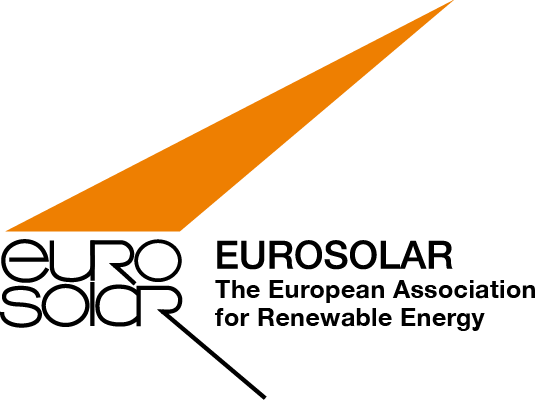
from Claus P. Baumeister
23.11.2022, Many are trying to artificially gloss over the questionable outcome of COP27 – despite all of its frustrating aspects. There is not a single point in real terms that could justify the monetary and climate costs of a 40,000-participant mammoth conference and the signing of a laboriously negotiated balloon of hot-air – aka the final declaration.
As the head of a delegation, I would have walked out of this token event in protest rather than sign on to a rotten compromise. No progress on the goals, let alone on the implementation of the measures that would be indispensable to achieve them in the first place. And the bitter joke of a climate fund, supposedly to help poor countries cope with the consequences of climate change, is too much to bear. A piggy bank has been set up and it is hoped that at some point someone will pay something into it.
The German government is also failing entirely and has not exactly been a good role model at the COP either, despite full-bodied declarations. With a lot of senseless waste of taxes, called “relief”, it obviously wants to “pacify” the population and accepts every injustice, but this does not lead to the least bit of outrage in the opposition and among the NGOs.
Super-rich mansion owners with outdated gas heaters get their December bills paid and afterwards receive a 80% subsidy for their outrageous level of consumption. Those who saved before already (heating) energy, become the nation’s laughing stock. And all those who went ahead years or decades ago and invested in expensive passive houses, that practically manage without heating (which should have been standard by now) are really made into the butt of jokes.
I won’t even go into the distortions caused by corresponding subsidies for companies here. Energy consumption is therefore being unfairly rewarded. This is highly counterproductive and prevents the necessary investments in energy transformation, which does not seem to be an issue for the Coalition Government anymore. Exemplary of this are the six new floating LNG terminals, whose costs have already more than doubled and will at best pay for themselves after many decades of operation.
Together with long-term supply contracts in various producer states, we are brutally condemned to decades of this “bridge technology” instead of finally focusing on the breakthrough of Renewable Energy. If small PV plants were completely free of bureaucracy and wind farms like LNG terminals were approved and built in just a few months, we could free ourselves from the fossil economy and thus also from the grip of autocratic states – after temporary restrictions in which the population must be taken along instead of constantly talking about “relief”.
By the way: the hope to use gas infrastructure for hydrogen in the future will not help to get us out of the crisis, not to mention the low efficiency of the intermediate energy carrier H2 compared to direct electrification. Qatar has already signaled in no uncertain terms that this will keep Europe dependent on Middle Eastern states (but we have not reacted to threats from Putin, Xi or other autocrats). We should solve our energy problem at home – and that would really be possible if implemented consistently, even if stakeholders keep questioning it.
Yours sincerely, Claus P. Baumeister
Board of Trustees

